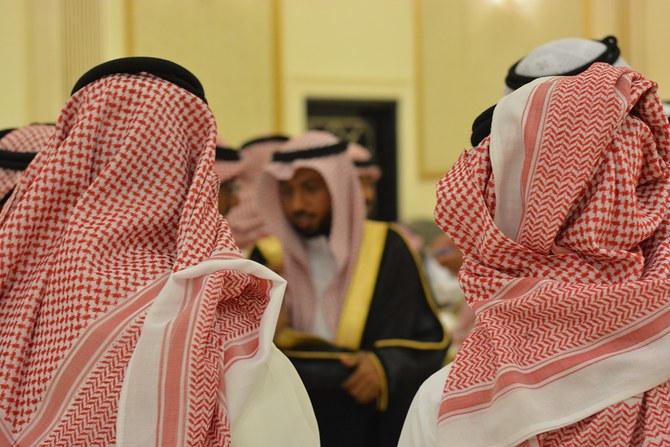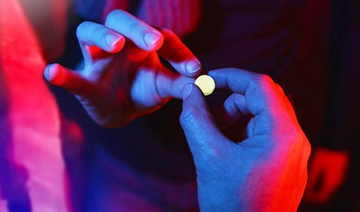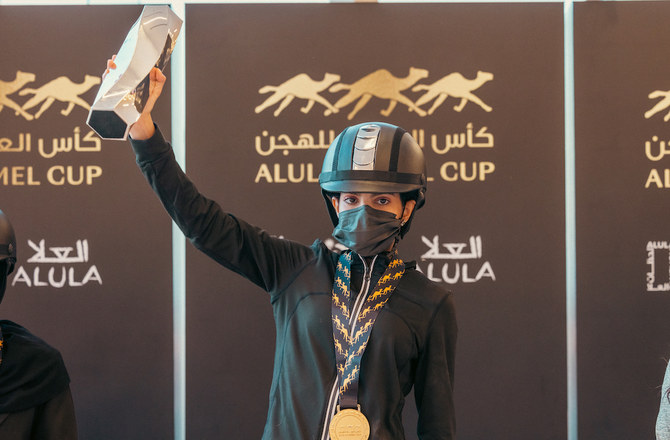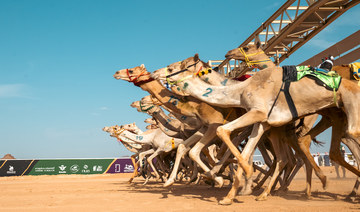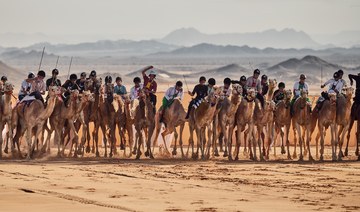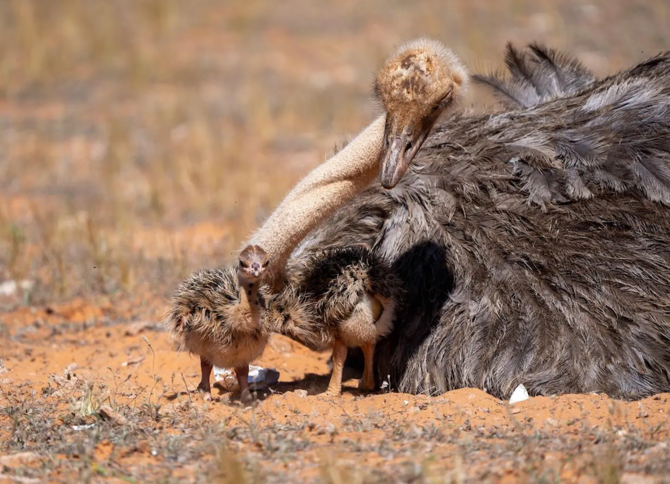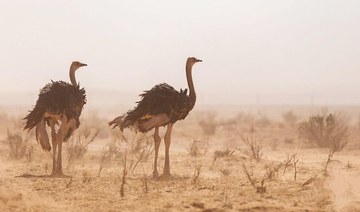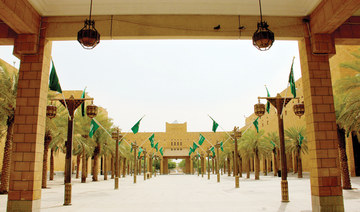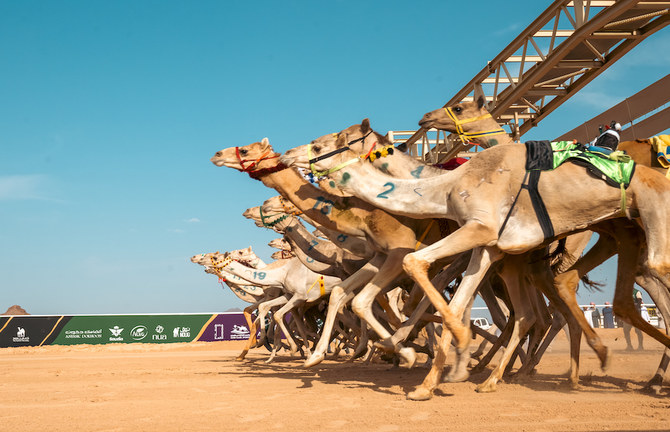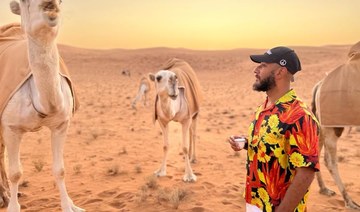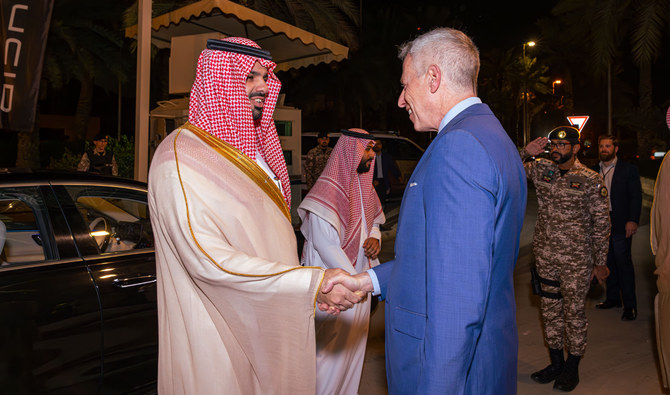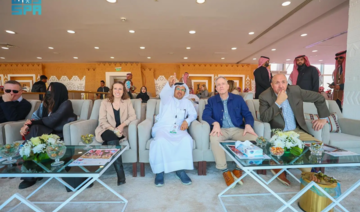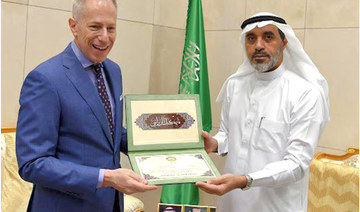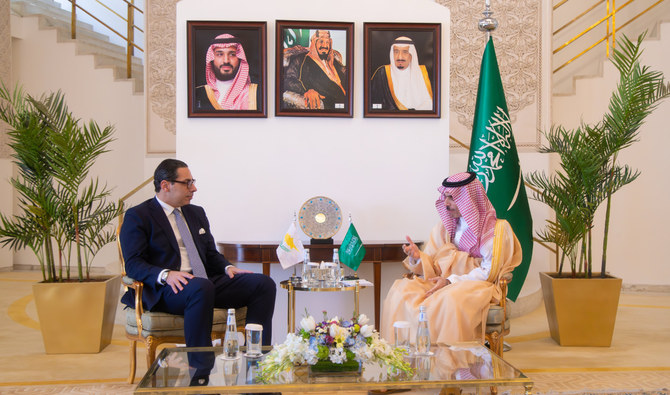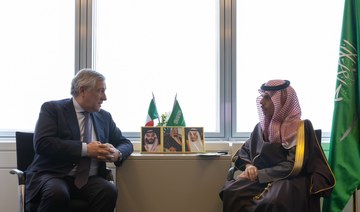DUBAI: The 2019 edition of the Arab Youth Survey by Asda’a BCW offers a snapshot of 200 million aspirational young adults tackling the opportunities and challenges of modernity, but also seeking the reassurance of traditional structures and overwhelmingly concerned with their own well-being.
Perhaps the most eye-catching of the Dubai’s PR consultancy’s findings, released on Tuesday, is that while most young people across the Gulf, North Africa and the Levant want to see reform of their traditional religious institutions, which most see as “holding them back” in the modern world, they also want their governments to remain providers of most of their basic requirements — not just essentials such as security, education and health care, but also subsidized energy housing and even financial handouts.
Above all, they are concerned with securing a decent and affordable life for themselves and their families in an era of high unemployment and dwindling job opportunities in the traditional government sector.
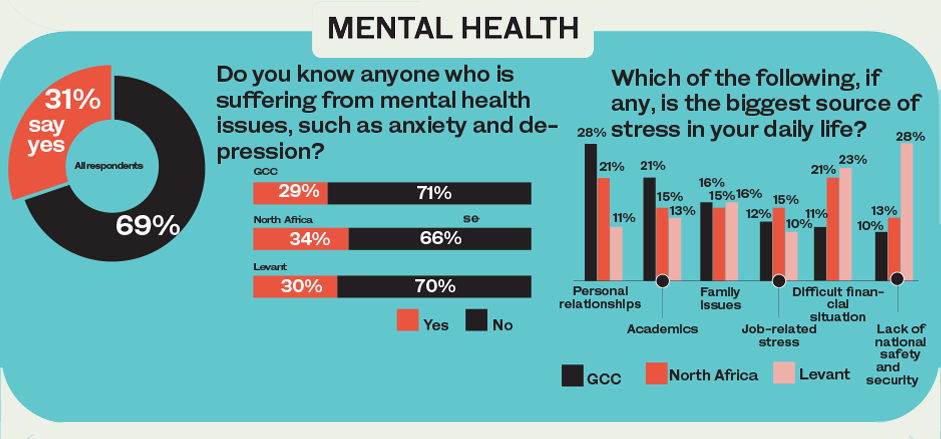
The 11th annual survey is based on 3,300 interviews with Arabs between the ages of 18-24, split equally between men and women, in January this year. Asda’a BCW also offered Arab News a look at Saudi responses specifically.
Young Saudis share the concerns of many of their age-peers across the region, but they expressed a new-found spirit of optimism in light of the Vision 2030 strategy, which Sunil John, president of Asda’a BCW, said was “transforming the economy and creating job opportunities.”
About 93 percent of young Saudis said they thought the Kingdom is headed in the right direction, with 83 percent believing the economy is on the right track. Notably, three-quarters (75 percent) told the pollsters that they expect to have a better life than their parents.
Approval ratings among Saudi youth for their government’s policies were higher than the average in the MENA region. A huge 89 percent said they believed Vision 2030 would succeed in securing the economic future, while 83 percent said government policies were right for them and their peer group, a good 30 points higher than the positive feeling toward governments across the region.
Saudi youth were outliers in some other respects, too, apparently more willing to stand on their own feet. Another feature of the survey was that despite the drive of governments to cultivate entrepreneurial young people, many still believe it is the state’s job to provide cheap energy, jobs, housing and even debt relief.
If there is one cause we should focus on, it is youth unemployment
A detailed look at the country breakdowns showed that young people in the Kingdom were less likely than those in other Arab countries to expect these services to be officially provided to all citizens.
Another feature of the survey, as in past years, was some fairly dramatic differences in opinion by young people in three main sub-regions within MENA. In education, for example, only 20 percent of Gulf youngsters were unsatisfied with the quality provided by the country’s educational system. This level of dissatisfaction rose to 53 percent in North Africa and 73 percent in the war-torn Levant. Not surprisingly, many more Levant youngsters would rather be educated in the West than their peers in the Gulf.
Saudi Arabia figured prominently in the survey in other ways, too. When young Arabs were asked which countries had grown in prominence in regional and international affairs, 37 percent named the Kingdom as the biggest gainer in influence this year.

A majority of them consider Saudi Arabia as an ally in the political sphere. Iran is seen as an enemy by an overwhelming majority (67 percent).
Only a tiny minority in the region believed that the murder of Saudi journalist Jamal Khashoggi would have any long-term negative impact for the Kingdom in Arab or international eyes.
If young Saudis were not Saudi, they would probably want to live in the UAE, the pollsters found. For the eighth year running, the Emirates topped the ratings for the preferred place of residence, chosen by 44 percent of those polled, followed by Canada and the US.

Reasons for the UAE’s popularity hark back to the basic self-interest of young Arabs: They like the range of work opportunities in Abu Dhabi and Dubai, the UAE is safe and secure, and it offers generous salary packages.
Jihad Azour, the International Monetary Fund’s regional head for the Middle East, hit the nail on the head when he delivered the keynote address at the survey launch. “If there is one cause we should focus on, it is youth unemployment. All economic policies fail if they cannot deliver on unemployment,” he said.









